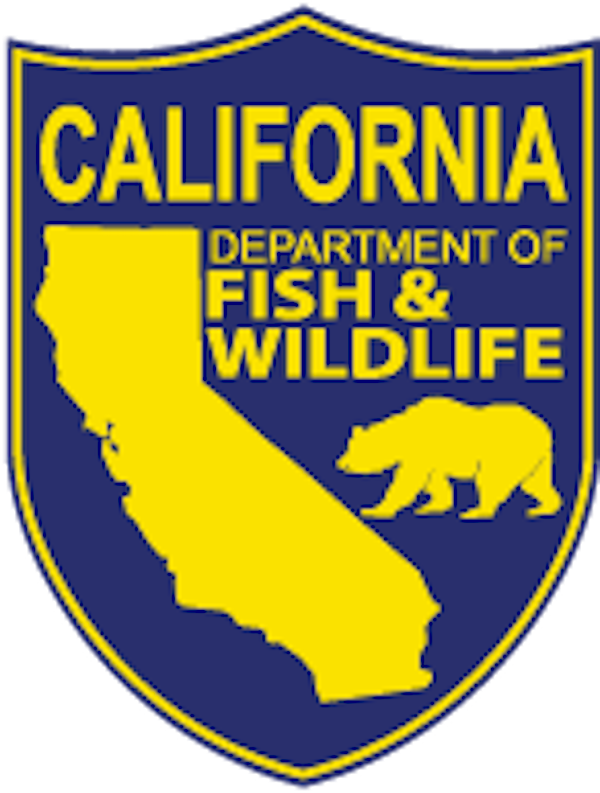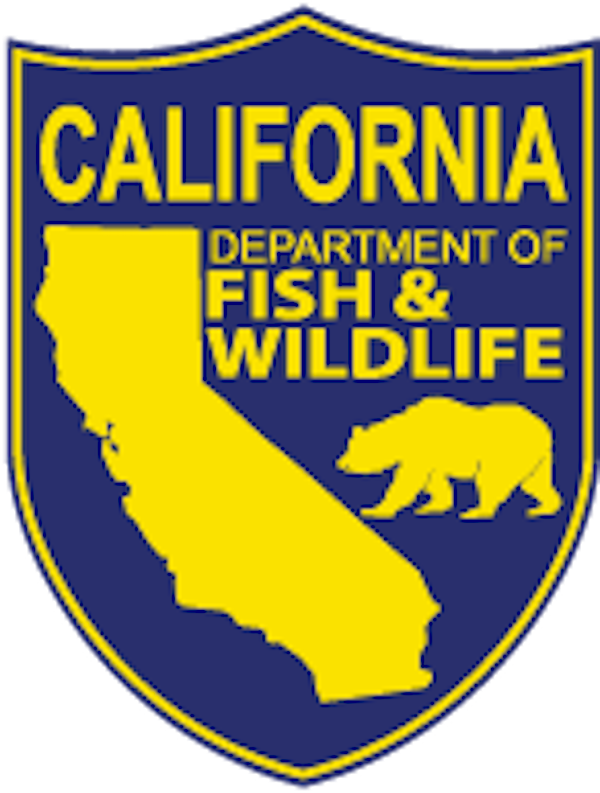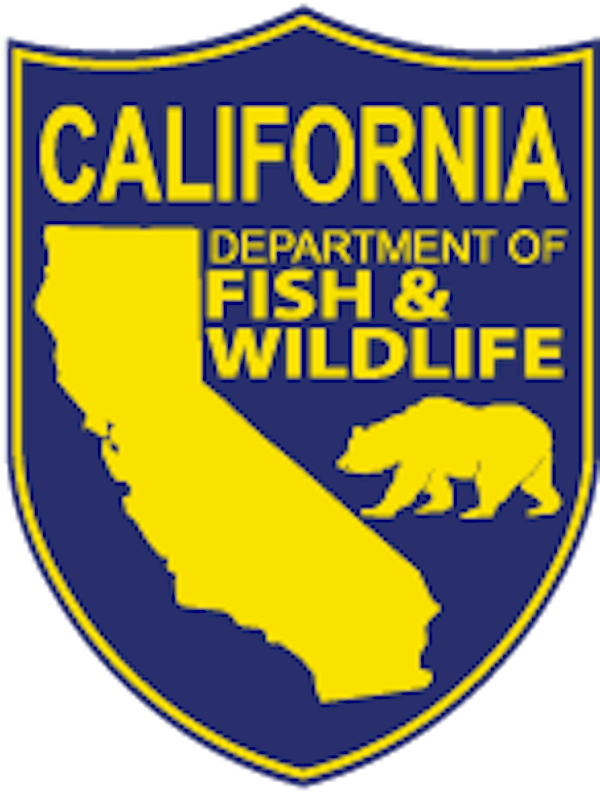Recreational Spiny Lobster Season to Open Saturday, Oct. 3

by California Department of Fish & Wildlife
9-30-2020
Website
California’s recreational spiny lobster season is set to kick off Saturday, Oct. 3, 2020 at 6 a.m., continuing through March 17, 2021. California Department of Fish and Wildlife (CDFW) marine biologists are hopeful that this could be a bountiful year for divers and hoop netters.
“Scientists have observed that lobsters produce more offspring in El Niño years, and it takes five to seven years for lobsters to reach legal size,” said CDFW Marine Environmental Scientist Jenny Hofmeister. “There was a major El Niño event that started in 2014, so we might see an abundance of legal-sized bugs this year!”
Season-opening weekend is one of the busiest times on the water, as thousands of lobster divers and hoop netters flock to their favorite lobstering spot. Before heading out to the water, be sure you know all the current regulations.
“No one can attempt to take lobster prior to 6 a.m. on Oct. 3. This includes baiting your hoop net or grabbing lobsters with your hand prior to 6 a.m.,” said CDFW Lt. Eric Kord. “With a sunrise at around 6:45 a.m. on the morning of the opener, that means there will be a very short window of time to legally take lobster in the dark, when most lobsters are out.”
A lobster report card is required for all persons fishing for lobster, and individuals 16 years or older must have a valid sport fishing license and ocean enhancement stamp. When finished fishing, changing locations or changing gear type, you must immediately record the number of lobsters kept from that location. Last season, close to 46,600 lobster trips were reported with an average take of about two lobster kept per trip. This average has remained relatively stable since 2008. Santa Catalina Island and San Diego Bay were popular locations for catching lobster with 15.5 percent and 13.3 percent of the total reported recreational catch, respectively.
Lobster report cards must be returned or submitted online to CDFW at the end of each season by April 30, regardless of whether the card was used, or whether any lobsters were caught. If you fill up a lobster report card, you can report it to CDFW and purchase another. Failure to report catch, or lack thereof, from all lobster report cards by the reporting deadline will result in a nonreporting fee of $21.60 when a lobster report card is purchased next season.
Lobster report cards can be purchased online. Report cards cannot be printed at home, so CDFW recommends allowing 15 days for the report card to arrive in the mail. Alternatively, lobster report cards can be purchased at participating sporting goods stores and other approved license sales agents.
The daily lobster bag and possession limit is seven. Any lobster kept must be at least 3 ¼ inches long measured in a straight line on the midline of the back from the rear edge of the eye socket to the rear edge of the body shell. Everyone taking lobster must have a measuring device capable of accurately determining legal length. A diagram illustrating this can be found on CDFW’s website.
Lobster can only be taken with hoop nets or by hand. No other device (such as spears or poles) may be used. No more than five hoop nets may be possessed by a person when taking spiny lobster or crab from a boat, and no more than 10 hoop nets may be possessed aboard a vessel, regardless of how many people are onboard. When using hoop nets on piers, jetties or other shore-based structures, only two hoop nets may be used.
When taking lobster, please consult the Ocean Sport Fishing Interactive Web Map for the California coastline to ensure you are not fishing in prohibited waters. “It is extremely important that divers and hoop netters know the location and regulations for each Marine Protected Area (MPA) near where they will be fishing. Unfortunately, every year we issue numerous citations to people taking lobster, both divers and hoop netters alike, for unlawful take in an MPA,” said Lt. Kord.
The complete spiny lobster regulations are contained in the 2020-2021 Ocean Sport Fishing Regulations booklet, found on CDFW’s website and wherever fishing licenses are sold. A lobster fishing FAQ and other biological information specific to California’s spiny lobster can also be found on the CDFW website.
More Reports

9-12-2020
The California Department of Fish and Wildlife (CDFW) has closed 49 properties that lie within or immediately adjacent to U.S....... Read More

9-10-2020
The California Department of Fish and Wildlife (CDFW) is conducting its annual art contest to select the design for the...... Read More
